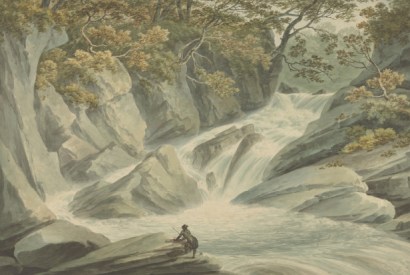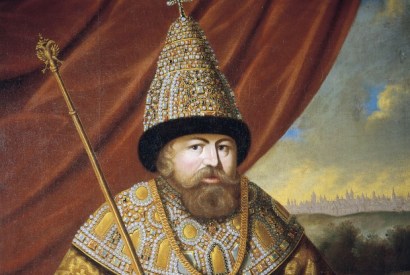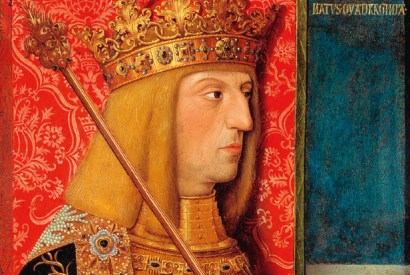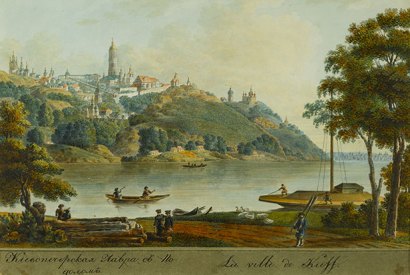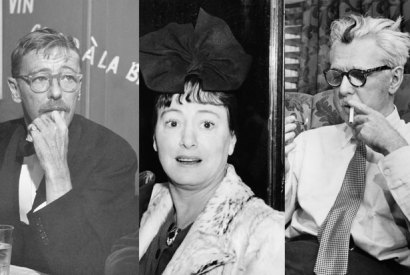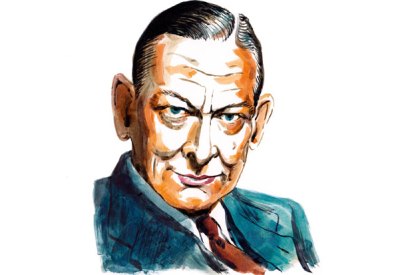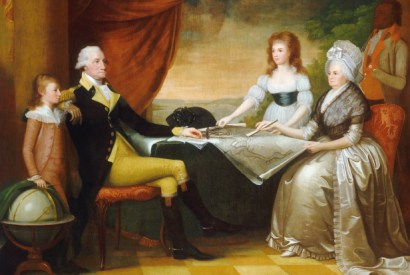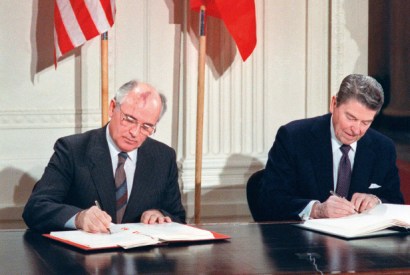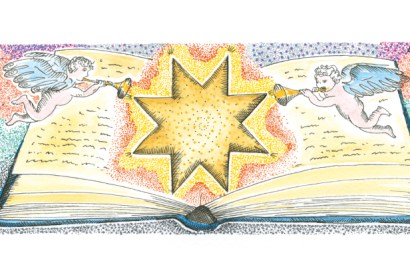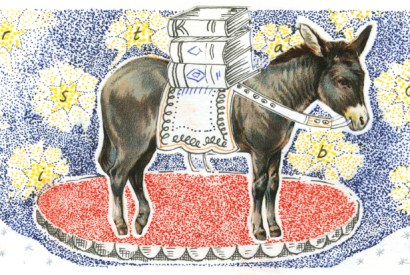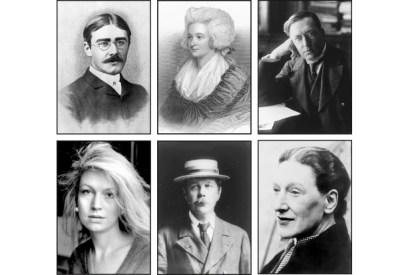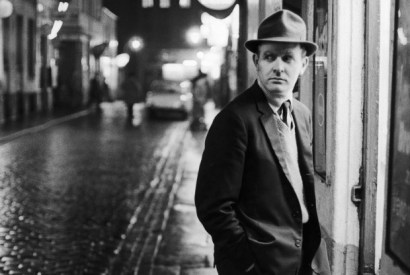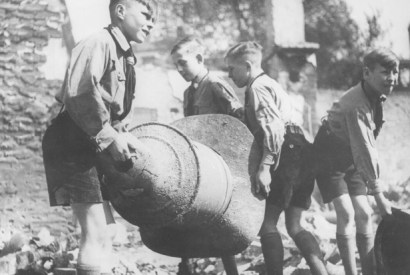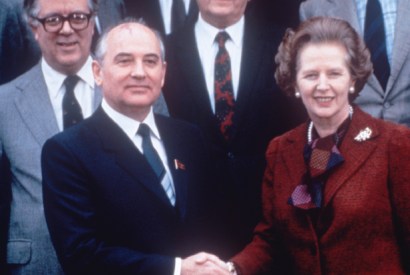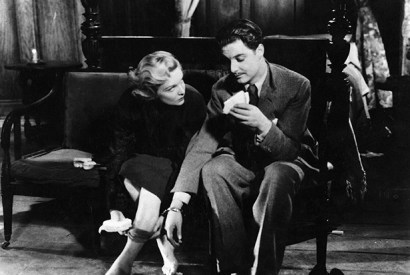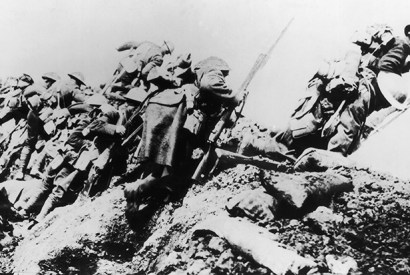Lead book review
How to view the view
It’s not all picnics and cowslips. You need sense as well as sensibility to appreciate a landscape, says Mary Keen
In grandmother’s treasure-chest
Juliet Nicolson examines women’s lives and changing fashions through a rich hoard of buttons for all occasions
Moguls and other Hollywood monsters
This collection of Hollywood tittle-tattle is moderately interesting, unpleasantly salacious and largely unsourced, says Philip Hensher
The ruthless Romanovs’ horrible history
It’s hard to tell at times who came off worst in Romanov Russia — the tsar or his subjects, says Adam Zamoyski
The Holy Roman Empire has been much maligned
The Holy Roman Empire has been much maligned over the centuries. In fact it worked remarkably well, says Jonathan Steinberg
China’s brutal one-child policy will be catastrophic for us all
China’s brutal one-child policy was not only inhuman; it will profoundly damage the rest of the world, says Hilary Spurling
The history of Ukraine — from Herodotus to Hitler
Timothy Snyder traces Ukraine’s complex history from its classical heritage to the present day
America’s greatest magazine — at its greatest
The New Yorker has always been revered for the supreme quality of its writing, says Philip Hensher
Hide and seek with T.S. Eliot
Not only is this the definitive edition of T.S. Eliot’s poems, it is also the best biography of the poet we have, says Daniel Swift
George and Martha Washington were an odd first First Couple
Frances Wilson on America’s likeable, if unlikely, first First Couple
The four men who averted the Apocalypse
Robert Service’s account of the greatest turning point in modern history is unlikely to be bettered, says Sherard Cowper-Coles
A further selection of books of the year — the best and most overrated of 2015
A further selection of the best and most overrated books of 2015, chosen by our regular reviewers
Books of the Year: the best and most overrated of 2015
Our regular reviewers choose the best and most overrated books of 2015
Julie Burchill vs celebrity memoirs
I learned from this little lot that if one has read The Diary of a Nobody, then one can derive…
The real subject of John le Carré’s novels is his conman father Ronnie
John le Carré has been writing about a mirror world for over 50 years — and he’ll continue to do so for as long as his father haunts him, says Andrew Lycett
The swastika was always in plain sight
Ordinary Germans under the Third Reich did have wills of their own, argues Dominic Green. Most actively embraced Nazi ideology, and were aware of the extermination of the Jews. As the war worsened for them, what did they think they were fighting for?
Margaret Thatcher’s most surprising virtue: imagination
Margaret Thatcher’s second administration saw bitter divisions at home, but abroad the breakthrough in Anglo-Soviet relations really did change history, says Philip Hensher
A crushing case for brutalism — with the people left out
Elain Harwood’s flawed but impressive study of modernist architecture manages perfectly to reflect its subject, says David Kynaston
Retracing The Thirty-Nine Steps in Buchan’s beloved Borders
To celebrate the centenary of the publication of The Thirty-Nine Steps William Cook travelled to Tweeddale, where John Buchan spent his youthful summers
An unauthorised, and unconvincing, biography of Ted Hughes
Craig Raine says that Jonathan Bate’s unauthorised biography of Ted Hughes gets it wrong on every level
Shakespeare's London: where all the world really was a stage
Sam Leith on the year 1606, when plague and panic were rife — and all the world really was a stage
The perils of porcelain – and the pleasures of Edmund de Waal
A.S. Byatt on the dark, deadly secrets lurking beneath a calm, white surface
Did Hans Asperger save children from the Nazis — or sell them out?
Simon Baron-Cohen wonders whether the humane Hans Asperger may finally have betrayed the vulnerable children in his care in Nazi-occupied Vienna
The British army’s greatest catastrophe — and its most valuable lesson
Peter Parker spends 24 hours on the bloodsoaked battlefield of the Somme, scene of the British army’s greatest catastrophe

